8 Highly Effective Activities to Improve concentration for Kids
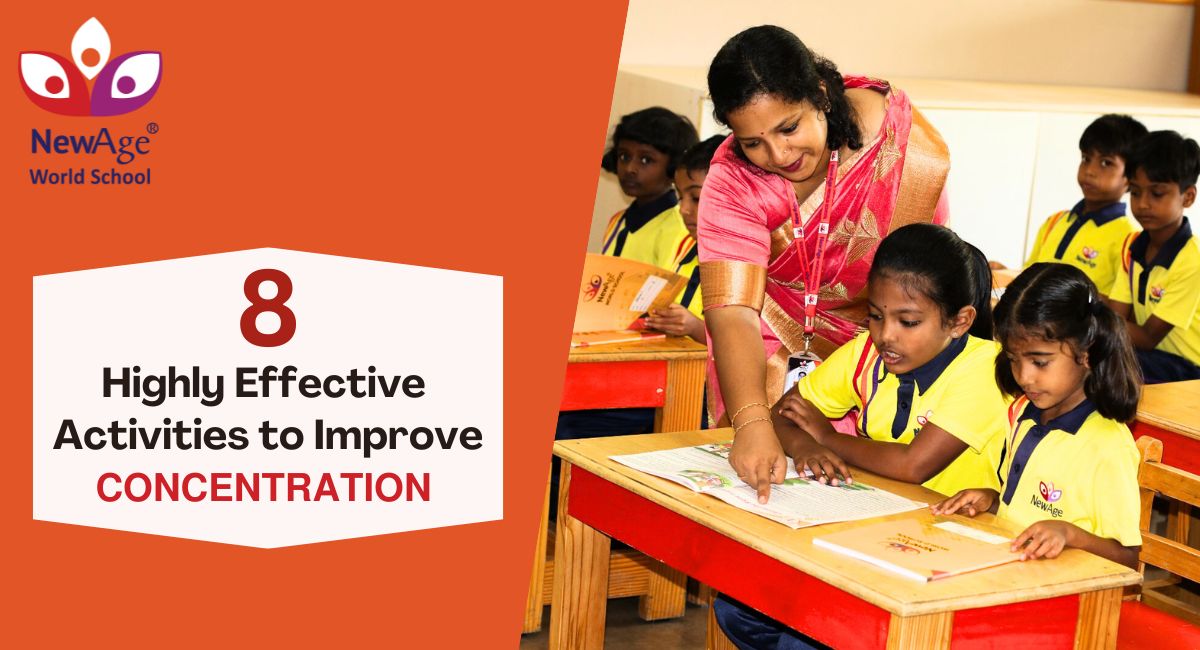
Table of content
Introduction
8 Activities to Improve Attention and Concentration
- Create a Distraction-Free Zone
- Encourage Regular Breaks
- Play Concentration Games
- Get Moving with Mindfulness Activities
- Incorporate Nutritious Foods for Concentration
- Try Mental Attention Improvement Exercises
- Break Tasks into Smaller Steps
- Set Up a Reward System
Conclusion
Introduction
Hello, wonderful parents and guardians! Ever notice how your child can focus on their favourite video game or TV show for hours without blinking an eye, but when they sit down to do homework, their attention seems to vanish into thin air? It's like they have a built-in "focus switch" that only turns on when they’re having fun. But don’t worry—I am here to help you flip that switch to the “on” position, even when it’s time to study!
Today, we are diving into 8 highly effective activities to improve 𝗖𝗢𝗡𝗖𝗘𝗡𝗧𝗥𝗔𝗧𝗜𝗢𝗡 for kids. And don’t worry, we’ll keep it light, engaging, and maybe even a little fun—just like those video games they love so much.
8 Activities to Improve Attention and Concentration
1. Create a Distraction-Free Zone
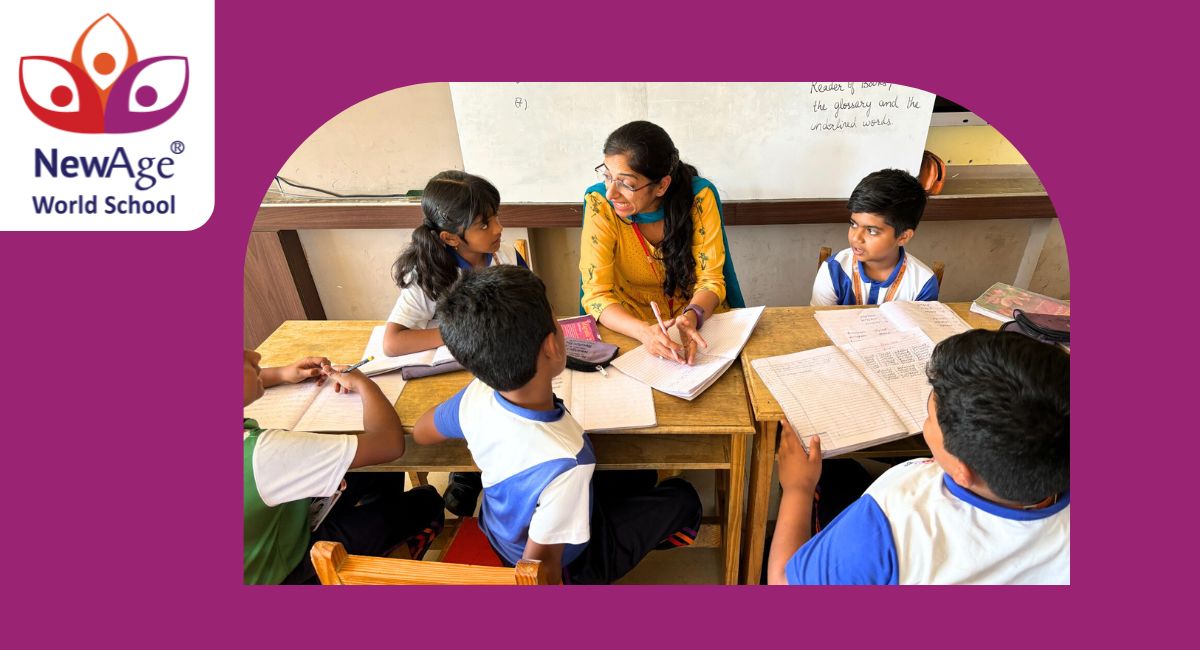
First things first, let’s talk about the environment. Imagine trying to read a book while a parade marches through your living room—not easy, right? Kids are no different; they need a space where they can focus without distractions. This means setting up a quiet corner, maybe with some soft lighting and a comfy chair.
But here’s a tip: distraction-free doesn’t mean silent. Some kids actually concentrate better with a bit of background noise. Maybe try playing some calming music like Beethoven or gentle nature sounds. It’s all about finding what works best for your child. And don’t forget to keep distractions like TV or noisy siblings out of the way!
Quick Tip: For even better concentration results, don’t forget about the importance of a nutritious diet. To understand more about why this matters, check out Why Healthy Food for Kids is Important!. It’s amazing how the right foods can fuel your child's brain!
2. Encourage Regular Breaks
Believe it or not, taking breaks is one of the most effective concentration activities. It might seem counterintuitive, but our brains need a little downtime to recharge. After 25-30 minutes of focused work, encourage your child to take a 5-minute break. They can stretch, grab a snack, or just close their eyes and relax.
These mini-breaks are like pressing the refresh button on your computer. It helps to prevent burnout and keeps their brain sharp for the next round of focusing exercises.
Humour Alert: I tell my kids to do a “wiggle break”—they stand up and wiggle out all the extra energy before sitting back down. It’s silly, but it works!
3. Play Concentration Games
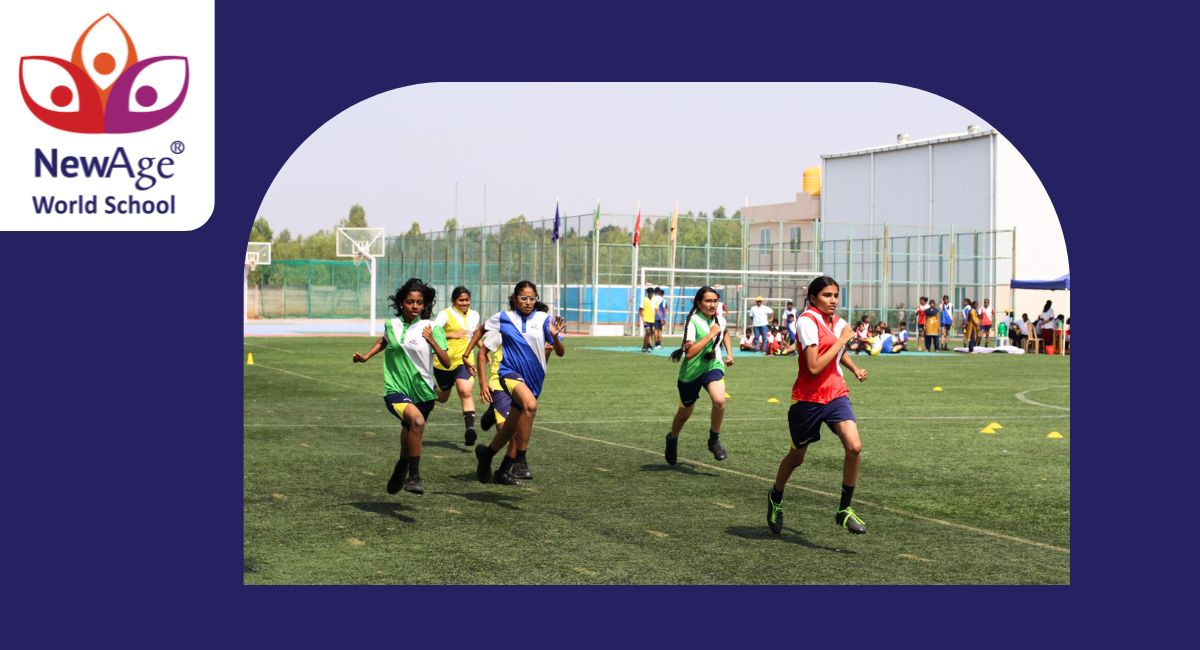
Let’s get into the fun stuff—concentration games. These aren’t just for fun; they’re sneaky ways to help your child build focus without them even realizing it. One classic game is “Spot the Difference.” Show your child two similar pictures and ask them to find all the differences. This game sharpens their observation skills and requires them to pay close attention to details.
Another great game is “Kim’s Game.” Place a few objects on a tray, let your child study them for a minute, then cover the tray and see how many items they can remember. As they improve, you can increase the number of items or reduce the time they have to look at them. This game is fantastic for improving memory and concentration.
Pro Tip: Turn these games into a friendly competition. See who in the family can spot the most differences or remember the most items. A little healthy competition never hurts anyone!
Bonus Tip: Developing concentration is key, but it’s also important to help your child Improve Effective Communication Skills in Students. Good communication skills can enhance their focus and understanding in all areas of learning. Here’s a great resource on achieving that: Improve Effective Communication Skills in Students.
4. Get Moving with Mindfulness Activities
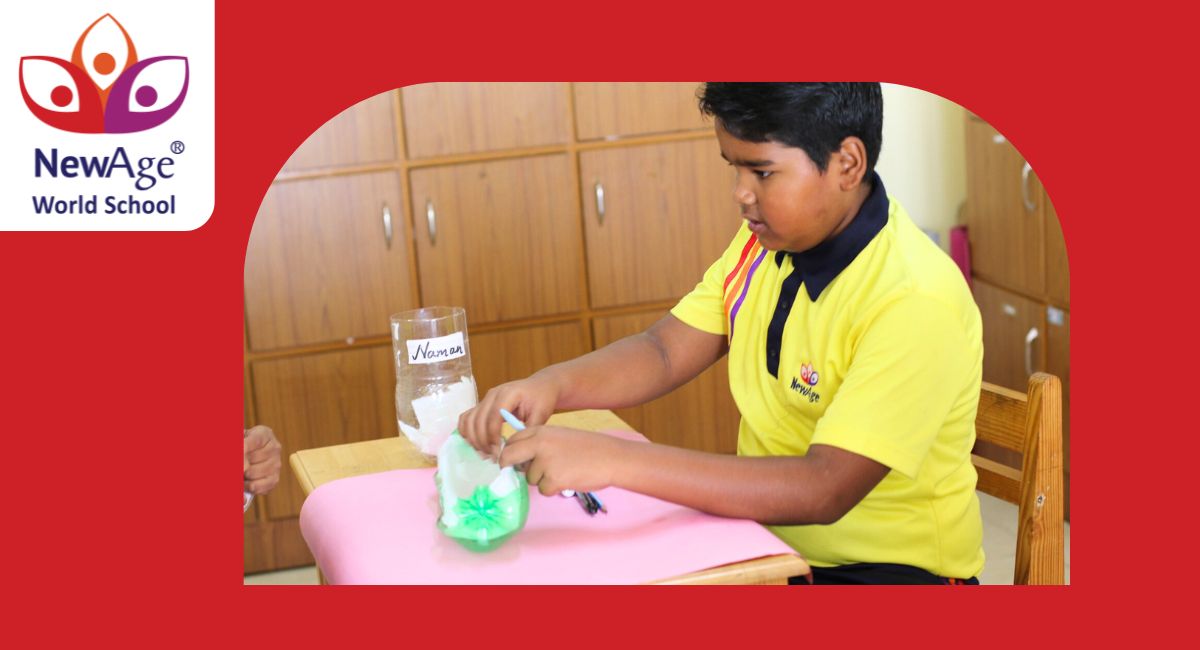
Sometimes, getting them to move is the best way to help improve your child’s concentration. Yes, you heard that right! Mindfulness activities that involve movement can do wonders for a restless mind.
For example, yoga for kids is a great way to combine physical activity with mental focus. Simple poses like the tree pose or downward dog requires children to concentrate on their balance and breathing.
Or, if yoga isn’t their thing, try a dance game like those on Xbox or PlayStation. These games ask kids to follow dance moves on the screen, which helps improve their processing speed, coordination, and focus—all while burning off some energy.
Fun Fact: Did you know that a quick game of Simon Says can also be a great focus exercise for children? It’s all about paying attention and following instructions—perfect for honing those concentration skills.
5. Incorporate Nutritious Foods for Concentration
You have probably heard the saying, “You are what you eat.” Well, it turns out that what your child eats can greatly impact their ability to focus. Foods rich in omega-3 fatty acids, like fish, or those packed with antioxidants, like blueberries, boost brain power.
Make sure to include plenty of nutritious foods for concentration in their diet. Even a snack like nuts, seeds, or a banana can give them the energy to stay focused during study time.
Quick Tip: Make a fun “brain food” snack mix with nuts, dried fruits, and dark chocolate chips. It’s healthy, delicious, and a great way to get your child excited about eating brain-boosting foods!
A well-balanced diet can also improve your child’s overall academic success. For more on how to study effectively, check out this resource: Academic Success.
6. Try Mental Attention Improvement Exercises
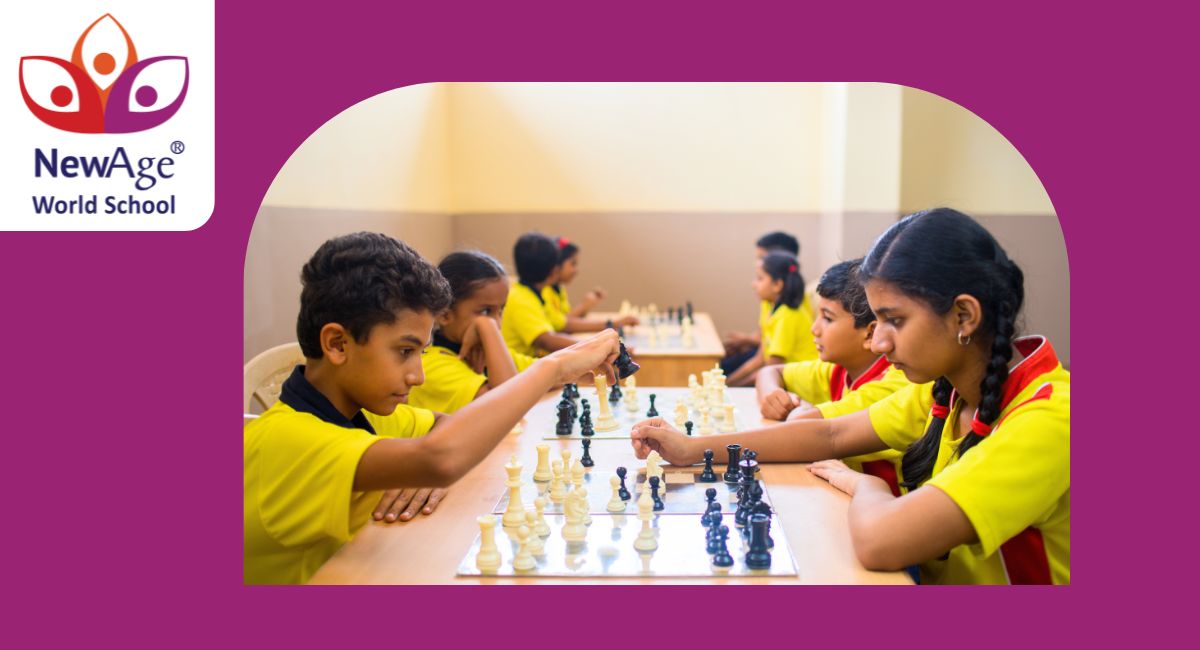
Not all exercises involve running or jumping; some are about the brain! Mental attention improvement exercises are designed to help children improve their focus and attention span. One simple exercise is counting backward from 100 by 7s. It sounds easy, but it makes the brain work hard!
Another exercise is called the “Focus Funnel.” Here’s how it works: give your child a broad topic (like animals), and then ask them to narrow it down by naming only mammals, mammals that live in the jungle, and so on. It’s fun to get them thinking and focusing on a specific task.
Humorous Challenge: See if your child can beat you in a round of Focus Funnel—just be prepared to lose! Children are often sharper at this than we give them credit for.
7. Break Tasks into Smaller Steps
Big tasks can feel overwhelming, even for adults. So, it’s no wonder that children might struggle to focus on a big project simultaneously. One of the best strategies for overcoming concentration problems in children is to break tasks into smaller, more manageable steps.
For example, if your child has a big homework assignment, break it into smaller chunks. Start with reading the instructions, then tackle the first question, then the next, and so on. Celebrate each small victory along the way to keep them motivated.
Motivational Moment: Remember Henry Ford’s quote, “Nothing is particularly hard if you divide it into small jobs.” This is especially true when it comes to children and concentration. Little steps lead to big accomplishments!
8. Set Up a Reward System
Let’s face it—everyone loves rewards, and kids are no exception! Creating a reward system can be a great way to keep your child motivated and focused. For example, after completing a set amount of study time or finishing a challenging task, reward them with something they enjoy, like extra screen time, a special treat, or a fun outing.
The key here is to make the rewards meaningful and tied to their achievements. This not only helps improve focus but also teaches them the value of hard work and perseverance.
Fun Twist: Why not make the reward system a family affair? Maybe everyone gets a reward when a big task is completed—whether it’s a family movie night or a trip to the ice cream parlour. It’s a great way to make hard work feel like a team effort.
Conclusion
Improving your child’s concentration doesn’t have to be a battle. With these most effective concentration activities, you can turn what might seem like a chore into a fun and engaging experience. Whether it’s through memory games, mindfulness activities, or simply creating the right environment, there are plenty of ways to help improve your child’s concentration without stress.
Remember, every child is different, so it’s all about finding what works best for them. And don’t forget to add a sprinkle of fun and a dash of humour—it’s the best way to keep those concentration skills sharp and make the journey enjoyable for everyone.
So go ahead, try out these tips, and watch your child’s ability to focus grow stronger every day.


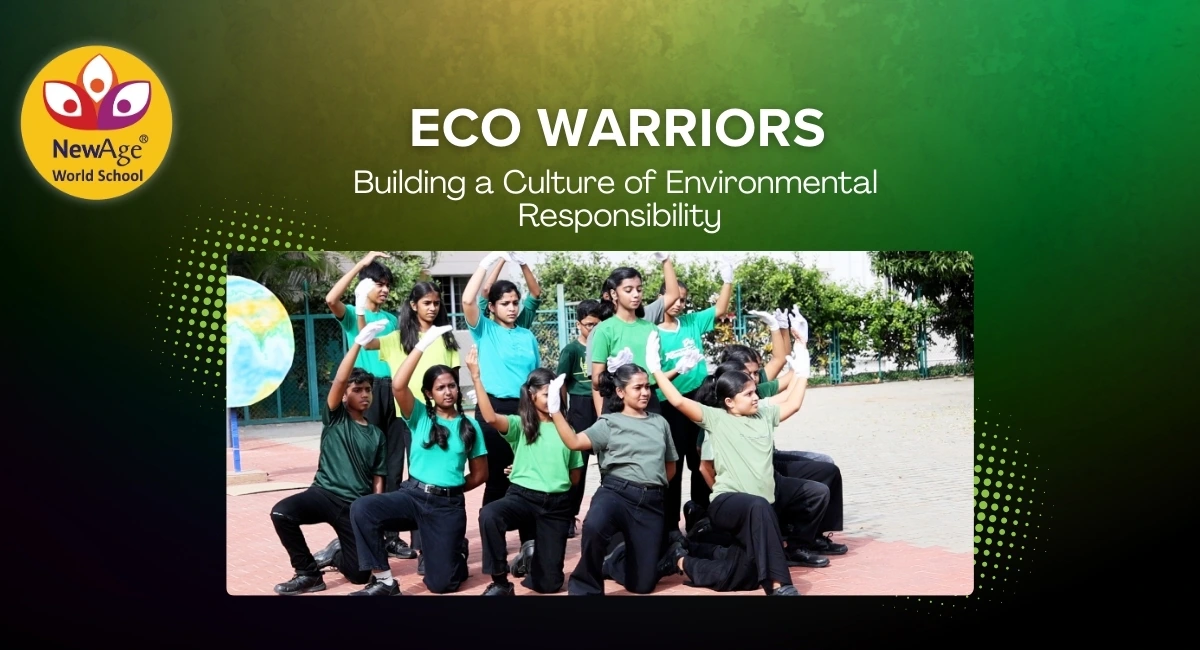
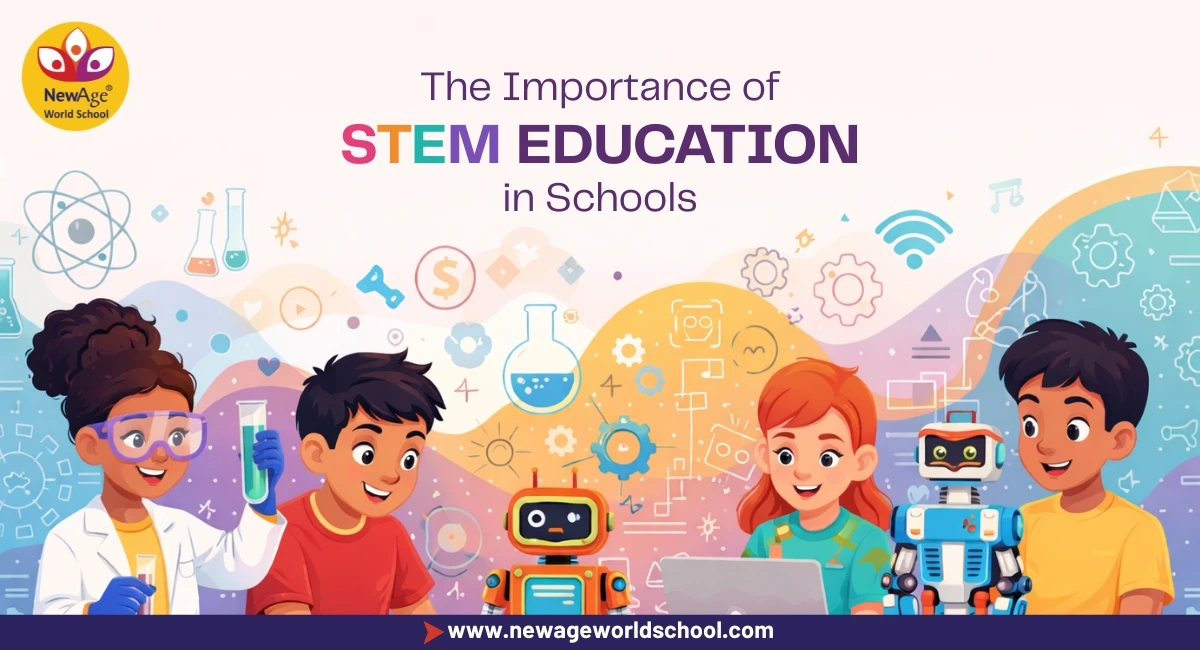


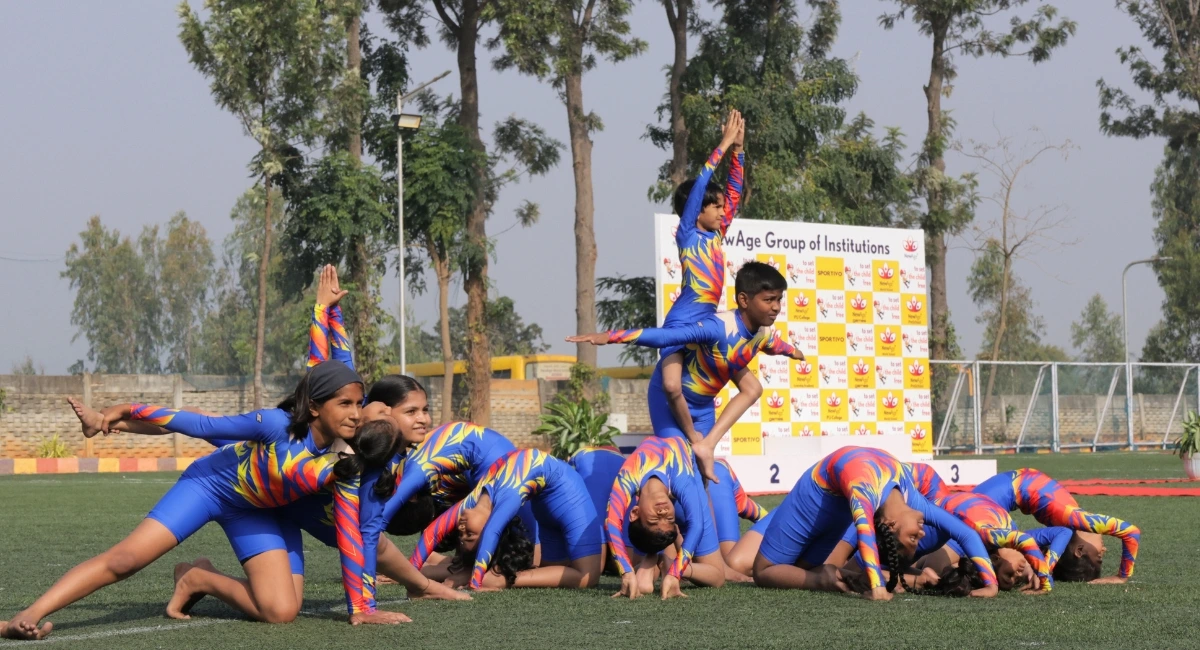


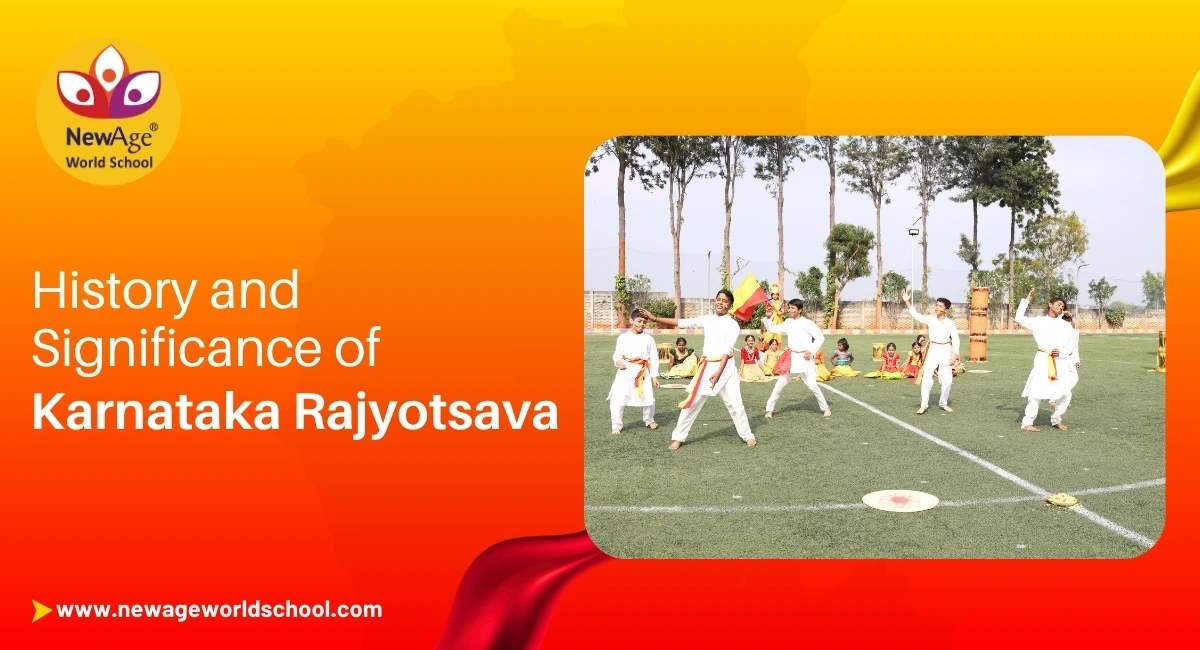
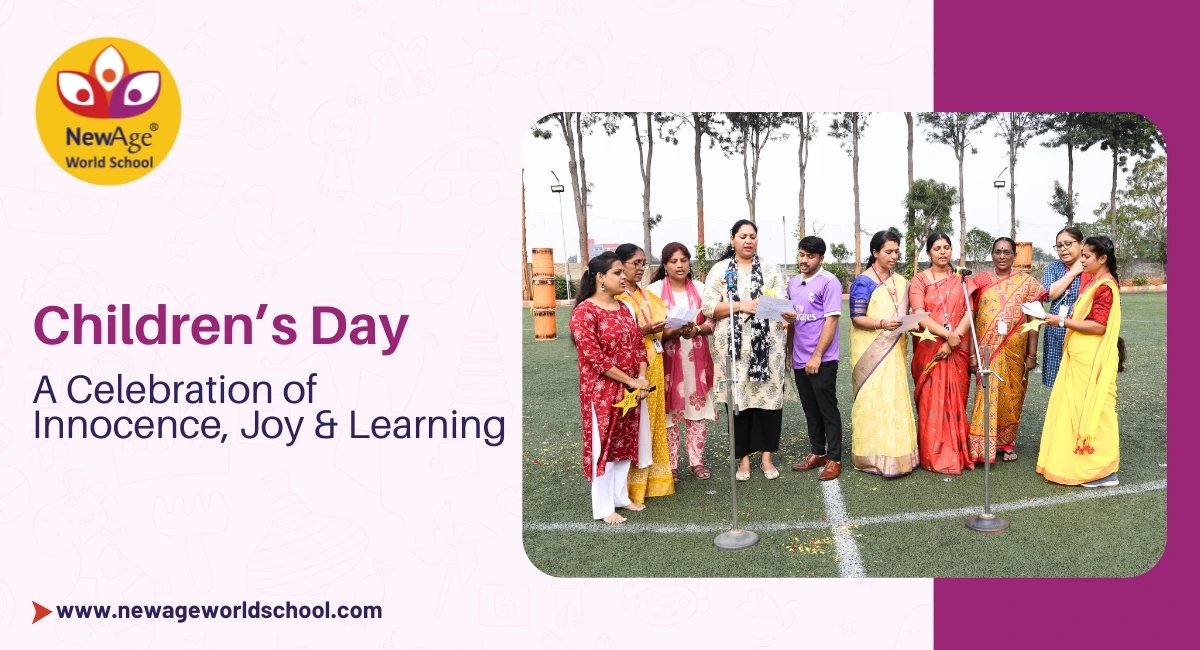
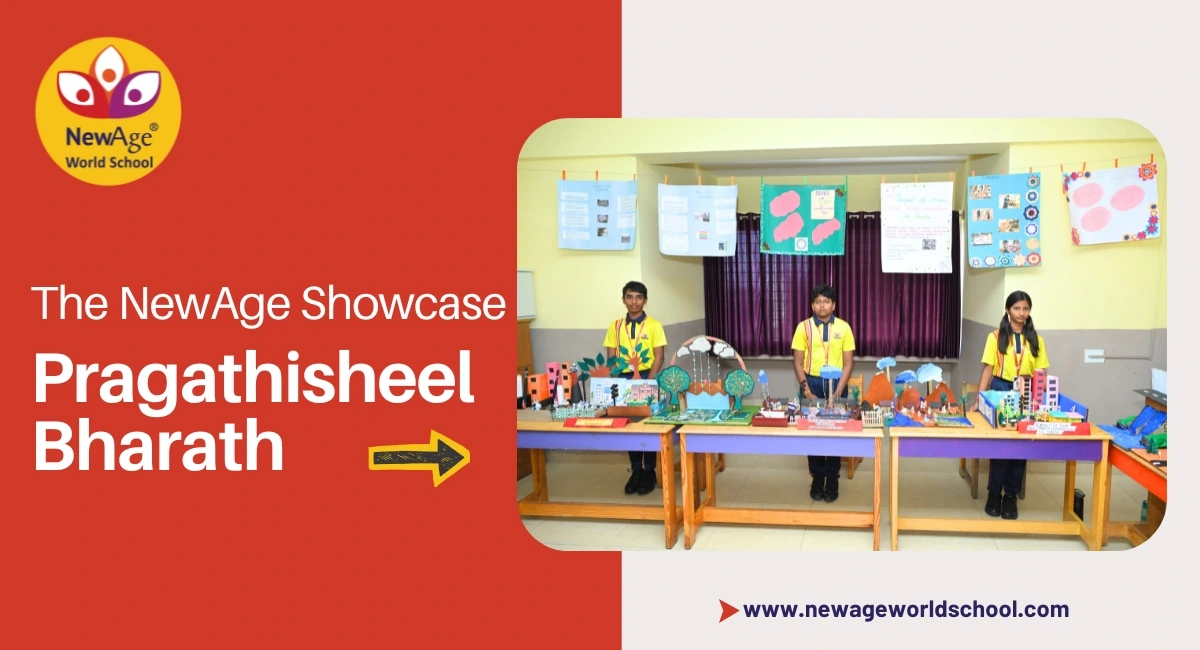
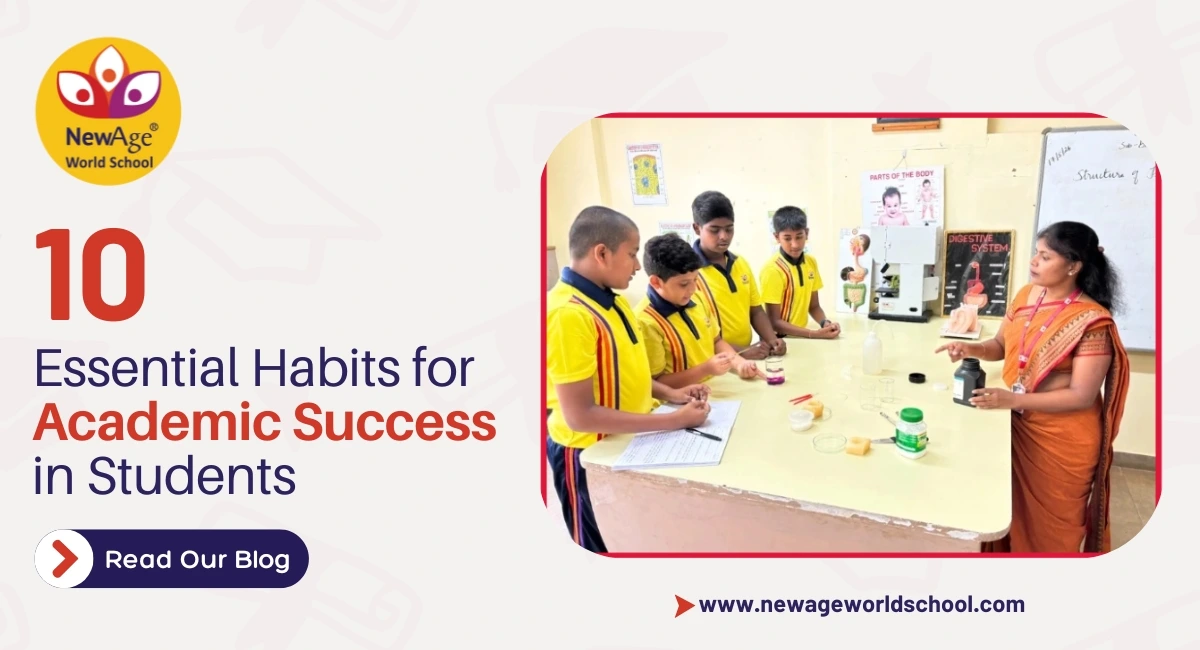
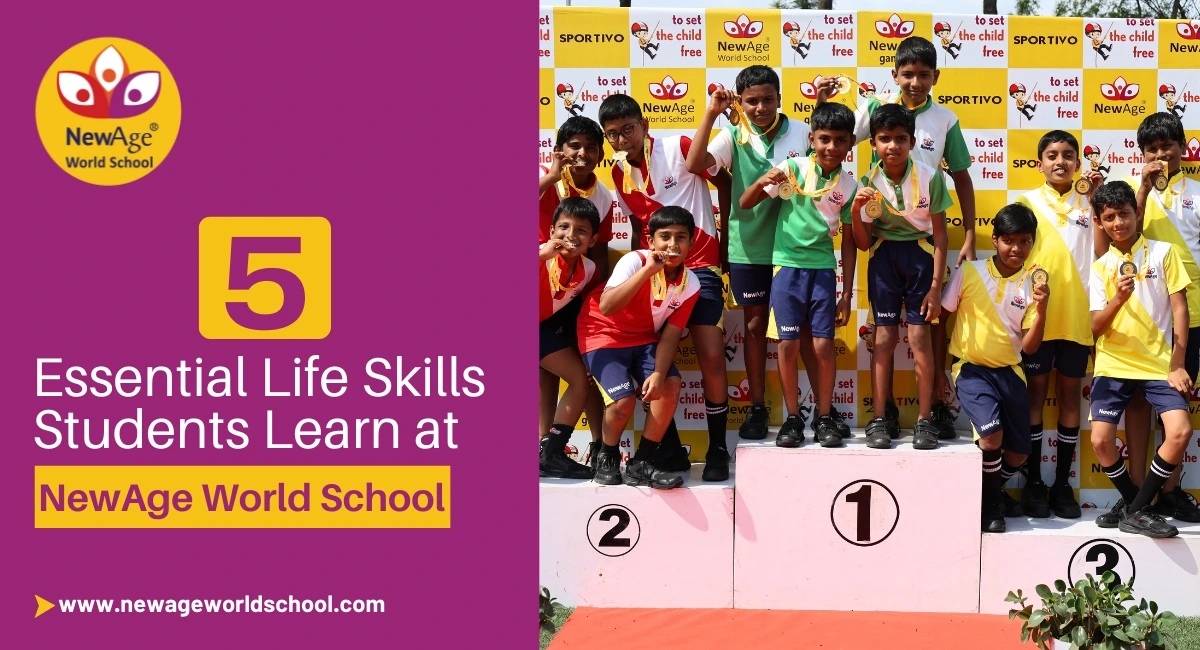
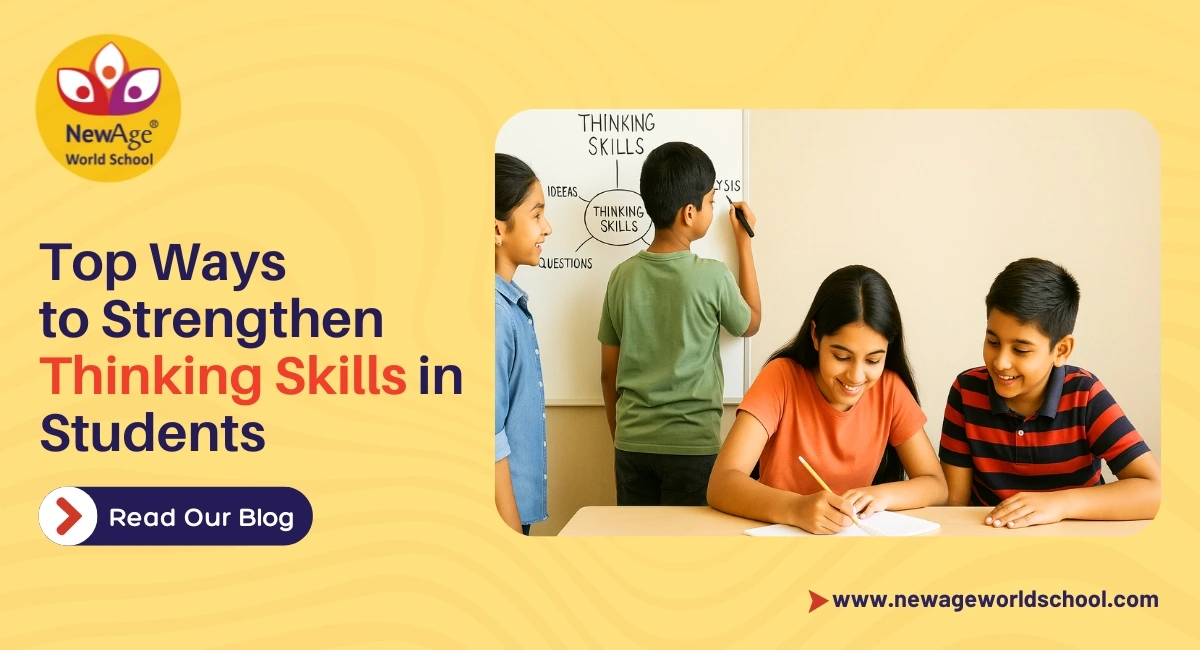
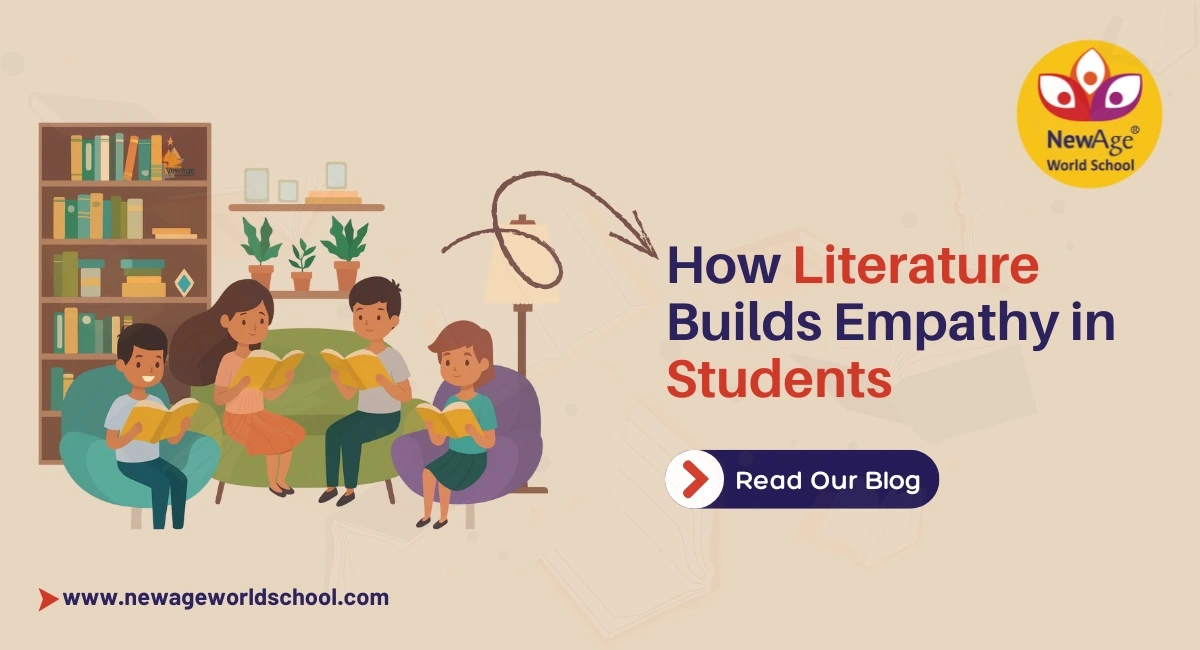

Leave a Reply
Your email address will not be published. Required fields are marked *
Comments
Deepa palani
Commented On: Aug 29, 2024
Thank you for addressing this subject of "concentration ", Ms. Shivani Sahu.